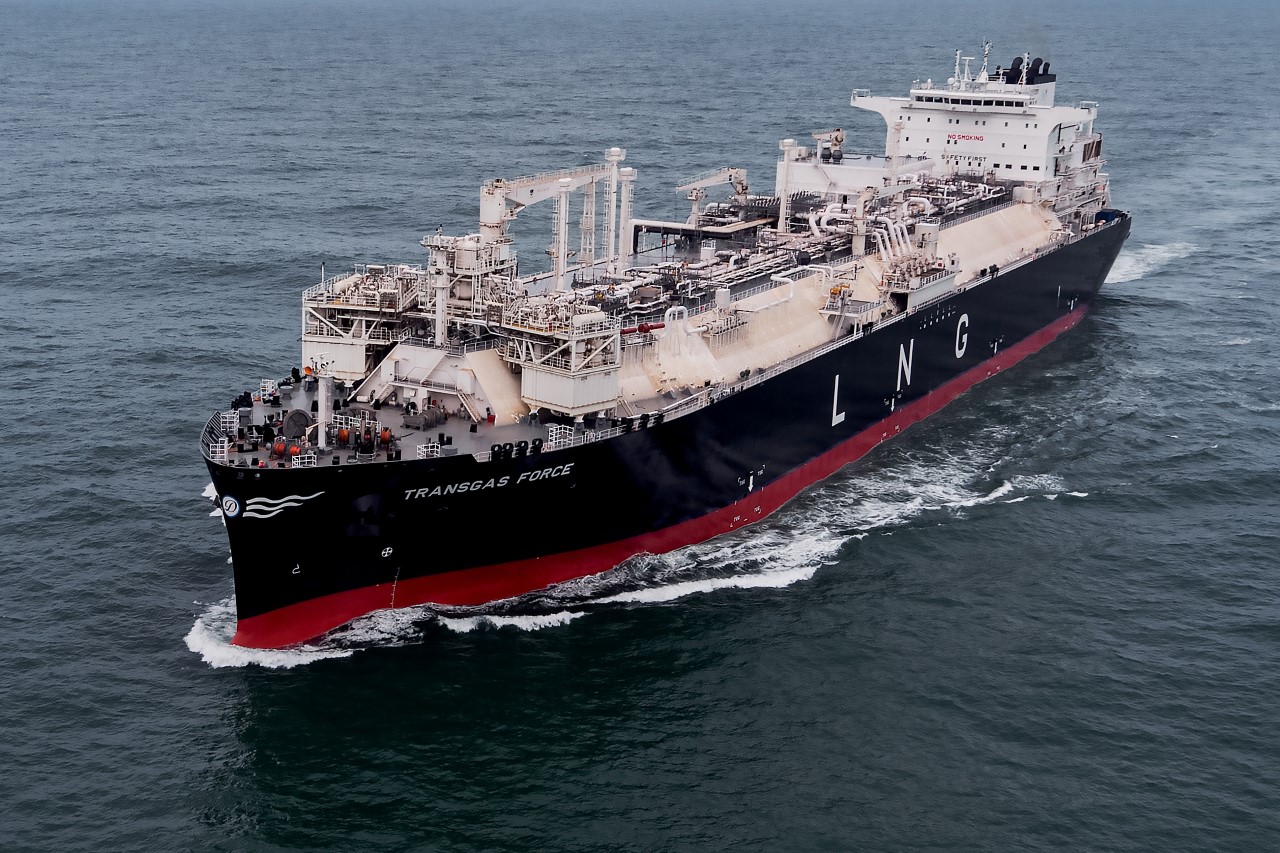Germany has signed a memorandum of understanding with RWE, Uniper, EnBW, and VNG for the supply of liquefied natural gas to two FSRU-based LNG import terminals.
German Economy and Climate Change Minister, Robert Habeck, signed the memorandum on Tuesday with officials from the energy firms.
With this memorandum, the two planned FSRU-based facilities in Wilhelmshaven and Brunsbuettel would be fully supplied until March 2024, Habeck said after the signing of the memorandum.
According to a statement by the German economy ministry, the parties will now work to finalize the legally binding contracts for the two terminals which will have a capacity of up to 12.5 bcm per year.
Germany is moving quickly with its plans to build infrastructure and become a major LNG importer, and has introduced the LNG acceleration law and chartered four FSRUs.
These vessels include the two units RWE chartered from Hoegh LNG, and the Dynagas-owned 174,000-cbm Transgas Force and Transgas Power that will go on charter to Uniper.
Uniper has already started building Germany’s first FSRU-based LNG facility in Wilhelmshaven and expects to commission it this winter, while Dutch gas grid operator Gasunie said it expects the Brunsbuettel FSRU-based LNG import terminal to go online by the end of this year.
Such as the Uniper facility, the Brunsbuettel terminal will host one of the four chartered FSRUs as well. RWE will probably install one of the two FSRUs it chartered from Hoegh.
Uniper and RWE will operate these facilities until a special purpose vehicle takes over the operation, according to the ministry.
Besides these two terminals, Germany has also chosen Stade and Lubmin as the next two locations to install the chartered units.
Deutsche ReGas, which is developing an LNG import terminal at the German port of Lubmin, also recently signed a term sheet with French energy giant TotalEnergies under which the latter would provide an FSRU for the project.

